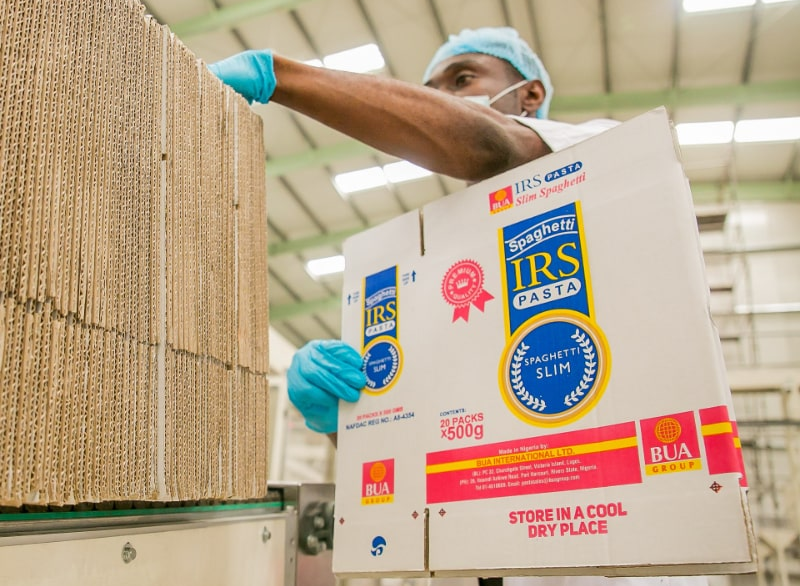
The Executive Chairman, Federal Inland Revenue Service (FIRS), Mr Zacch Adedeji, has said the Federal Government’s ongoing tax reforms are designed to boost Internally Generated Revenue (IGR) and strengthen subnational economies across the country.
Adedeji stated this on Tuesday in Kano at the Northern Revenue Conference, themed ‘Readiness, Reforms, and Digital Transformation’.
Represented by the Secretary, Joint Tax Board (JTB), Mr Adesokan Olusegun, Adedeji said the reforms aimed to simplify tax processes, promote voluntary compliance and create a fair and transparent tax system.
He said the Nigeria Tax Administration (Provisions) Act was one of the country’s most significant fiscal reforms, targeted at improving efficiency, transparency and equity in tax administration.
According to him, the act would simplify compliance, reduce bottlenecks and promote a predictable, technology-driven tax environment powered by digital tools.
Adedeji highlighted the integration of Tax Identification Numbers (TINs) across federal, state and local governments as a major step towards harmonizing taxpayer databases and enhancing real-time data sharing.
He said the joint tax board was working with state governments to align local tax laws with the new Act to curb multiple taxation and support subnational economies.
The FIRS chairman disclosed that the service had developed a Tax Harmonisation and Evaluation Framework and initiated capacity-building programmes for state revenue authorities to enhance institutional efficiency.
He urged state governors to grant autonomy to their revenue agencies as provided in the new tax law, describing it as key to building a fair, efficient and transparent tax system.
Earlier, the Chairman, Kano State Internal Revenue Service (KIRS), Dr Zaid Abubakar, said the conference marked a new phase in tax administration in Northern Nigeria.
He urged state revenue agencies to embrace digital transformation and institutional reforms in line with the evolving national tax system.
Abubakar said the 2025 reforms required precision, digital competence and bold leadership to enhance efficiency and service delivery, adding that the era of guesswork in tax administration is over.
The KIRS boss urged the participants to use the forum to exchange ideas and strengthen collaboration for a more efficient and taxpayer-friendly system. (NAN)




